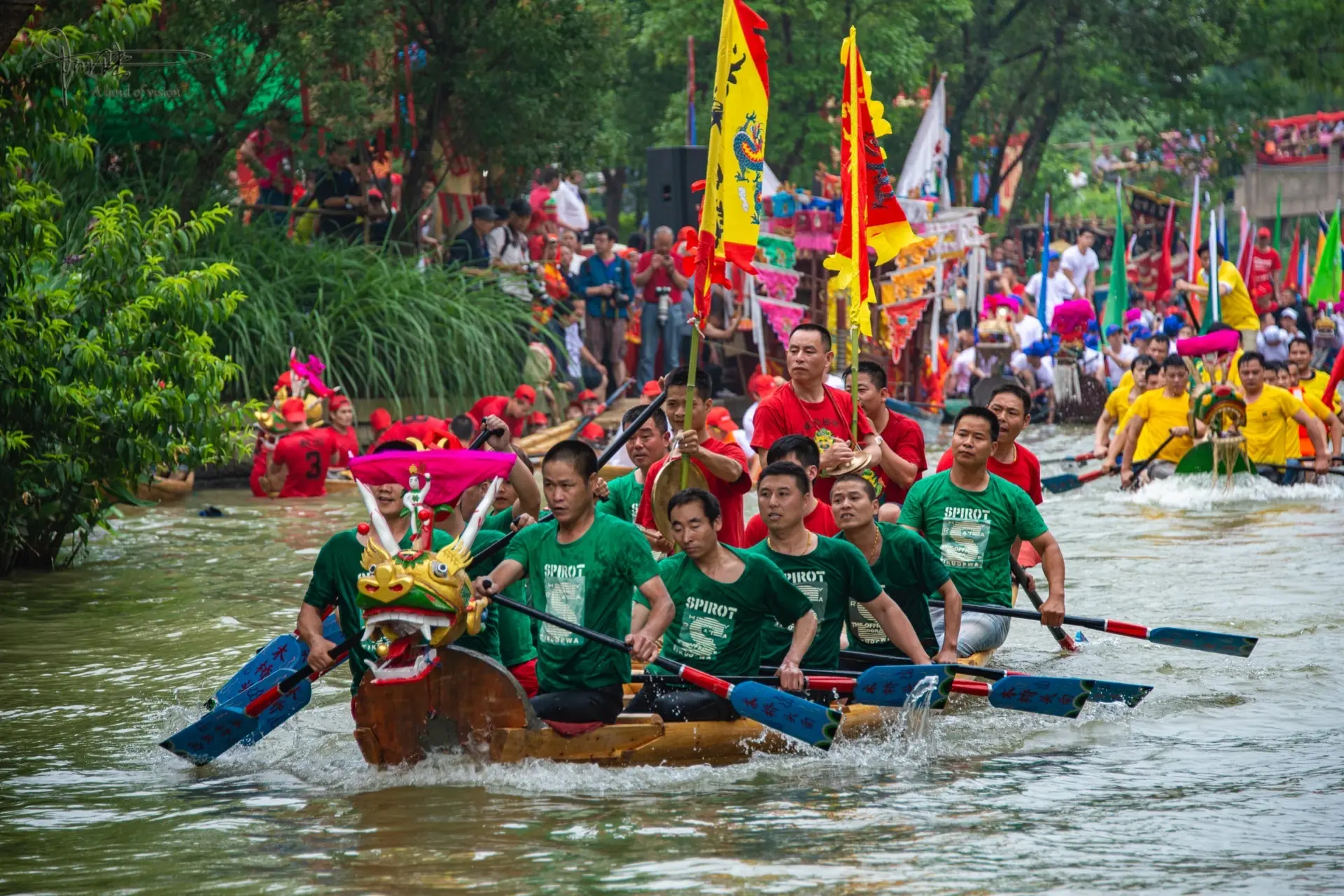Overview
Chinese Name: 西溪湿地
English Name: Xixi National Wetland Park; Xixi Wetland Park; Xixi Wetland
Location: Zhejiang
Type: Ancient culture and art
Rating Level: AAAAA (5A)
Website: http://www.xixiwetland.com.cn/

Brief Introduction
Xixi Wetland is located in Hangzhou, Zhejiang Province, less than 5 kilometers away from West Lake. The total planned area is 11.5 square kilometers, and the total length of rivers in the wetland is more than 100 kilometers.
About 70% of the area is river port, pond, lake, swamp, and other waters. Xixi Wetland is rich in ecological resources, elegant natural landscapes, and profound cultural accumulation. It is called the “three West” of Hangzhou together with the West Lake and Xiling西泠.
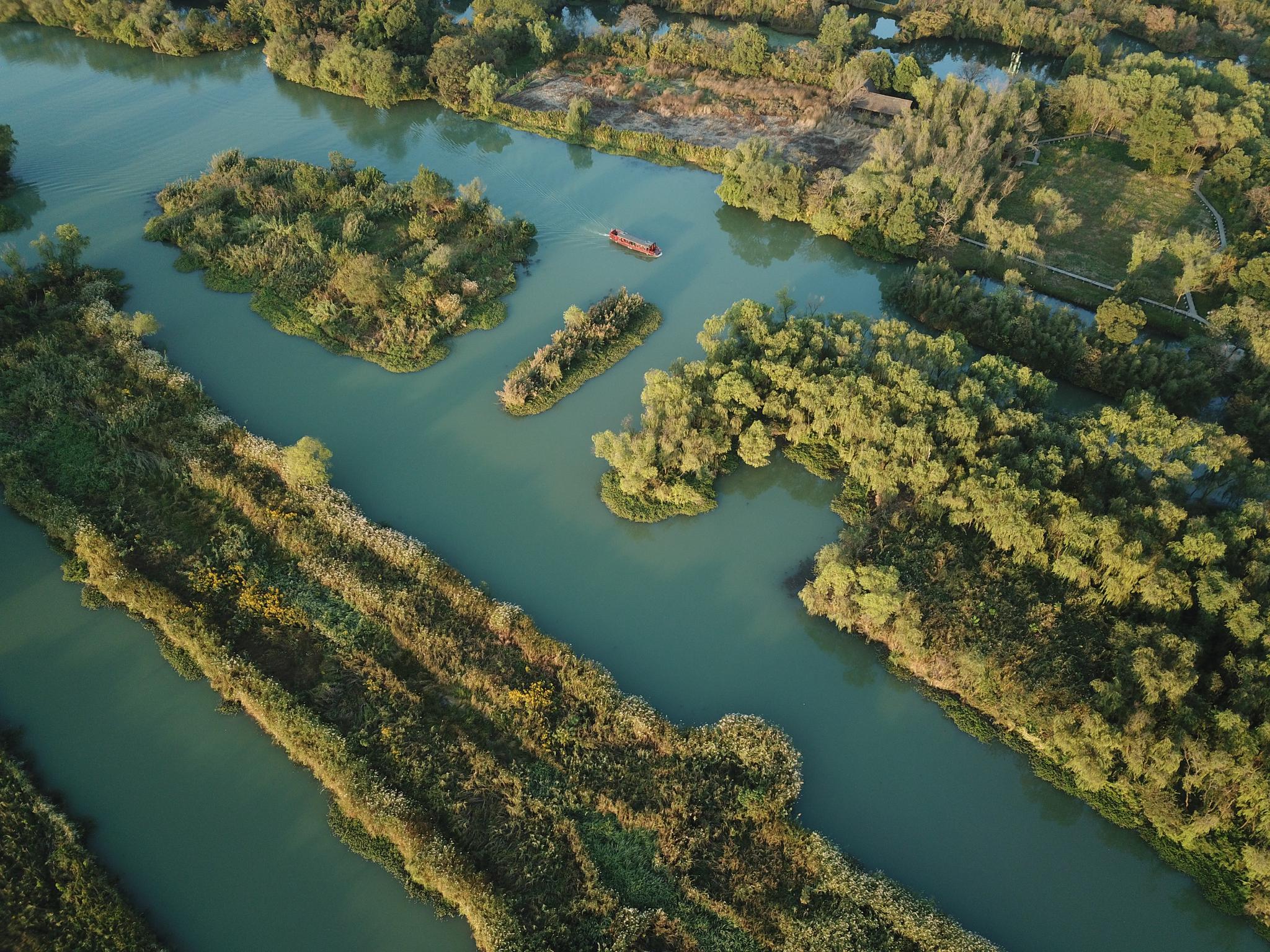
On July 7, 2009, Xixi Wetland in Hangzhou, Zhejiang Province was included in the list of internationally important wetlands. On January 11, 2012, the Hangzhou Xixi Wetland tourist area was officially awarded the title of “national 5A scenic spot”, becoming the first national 5A scenic spot in China. On October 31, 2013, it was selected as China’s “top ten charming wetlands” by CCTVChina Central Television).
In Hangzhou Xixi Wetland, the land greening rate is over 85%. The soil mainly includes red soil, lithologic soil, and paddy soil, of which red soil and paddy soil are most widely distributed. Xixi Wetland in Hangzhou, Zhejiang Province has a wide distribution of rivers, with a total length of more than 100 kilometers. About 70% of the area is river ports, ponds, lakes, and swamps.
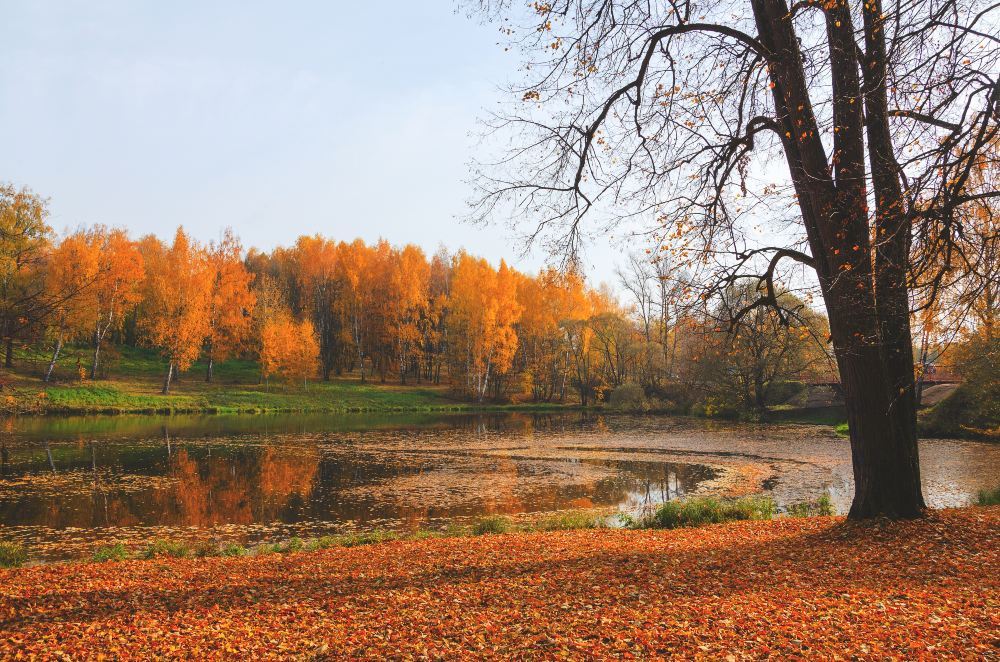
What are worth visiting and seeing?
Attractions
Boan泊蓭 is the manor of Zou Xiaozhi邹孝直, a Qiantang native in the late Ming and early Qing Dynasties. At that time, the area was covered with reeds and was full of wild interest. From a distance, the whole manor looked like a Fairy Island on the water, so it was named. Among them, the two groups of buildings, the free hall, and the empty Ming Pavilion echo the front and back of the Nianhua boat and form three spaces from south to north.
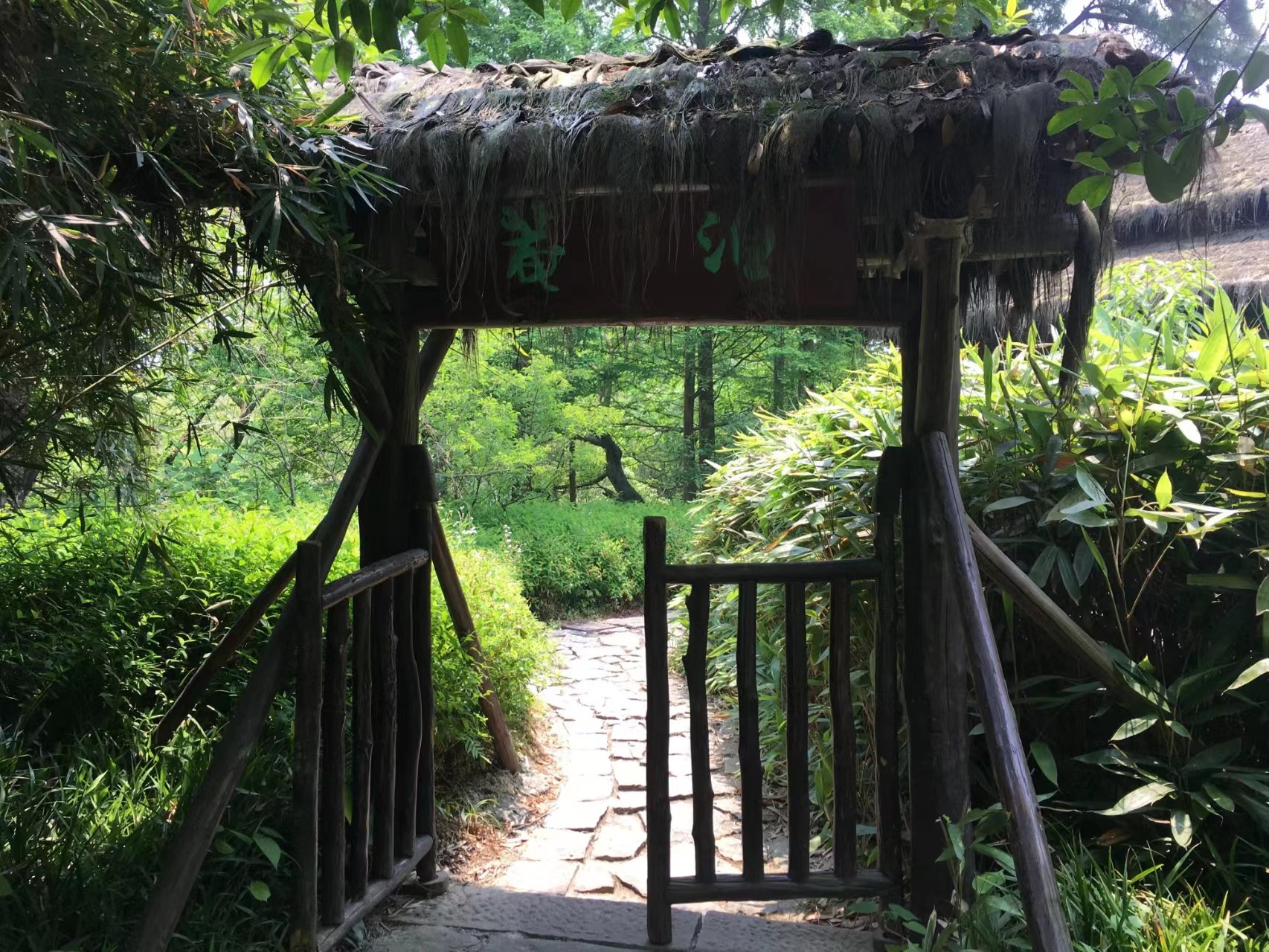
Yanshui fishing village is the Xixi agriculture and fishery culture exhibition center. It draws on the poetic mood of autumn snow fishing village written by Chen Wenshu陈文述, a scholar of the Qing Dynasty, and takes the three smoke of willow smoke, cooking smoke, and hookah smoke, so it is named. The scenic spot has exhibition halls such as silkworm silk stories, marriage folk customs, Xixi people’s homes, etc., which show the local characteristics of the folk houses in the water town and the simple farming culture of the residents.
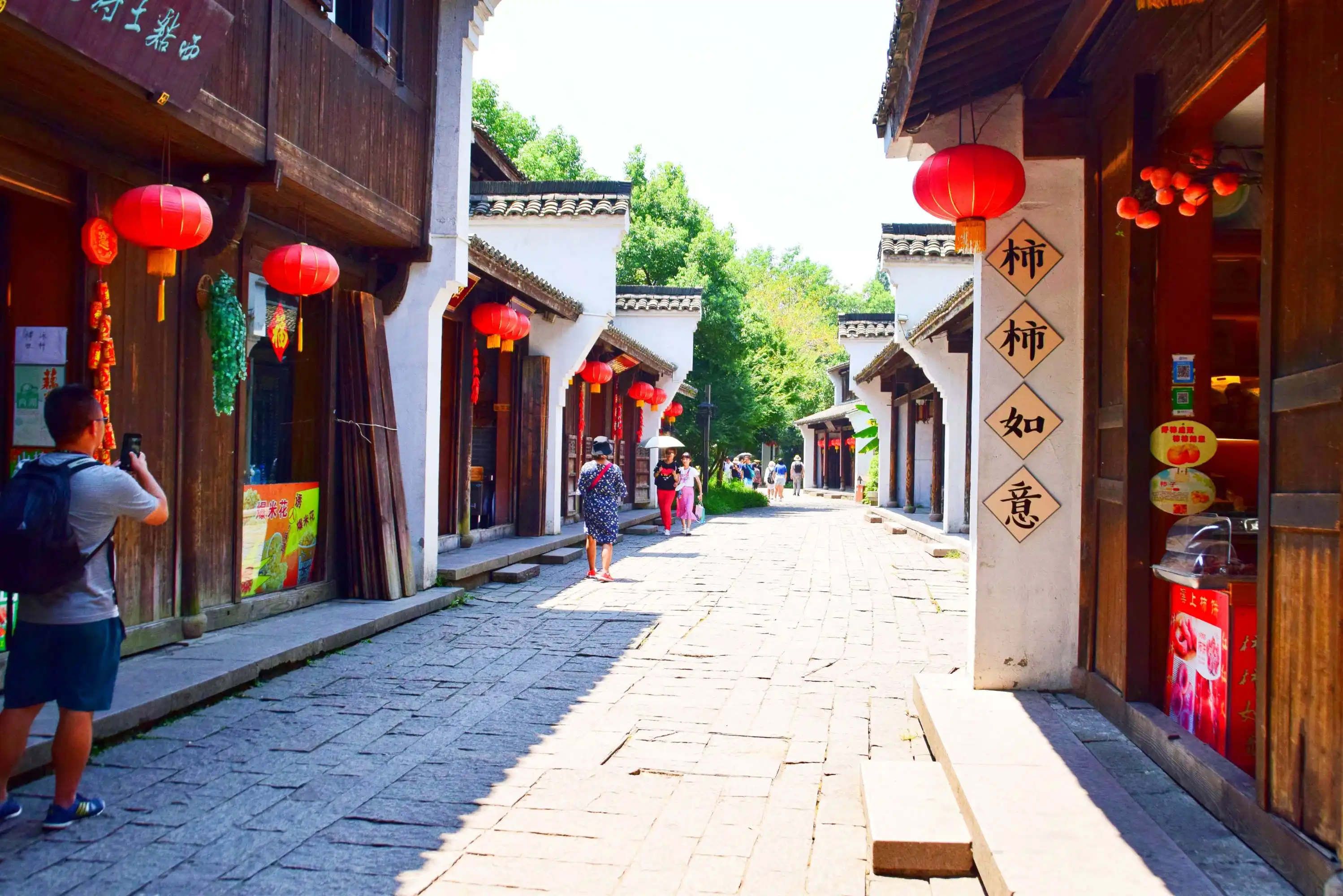
Hezhu street河渚街 is named after the ancient place name Hezhu. It is a folk commercial street integrating leisure, trade fairs, and sightseeing. The street retains the pattern of people’s life and production at that time. The attic houses built near the water, the sporadic boats passing through the bridge, and the popular folk tales are full of the water town style of taking the island as the home and the boat as the horse.
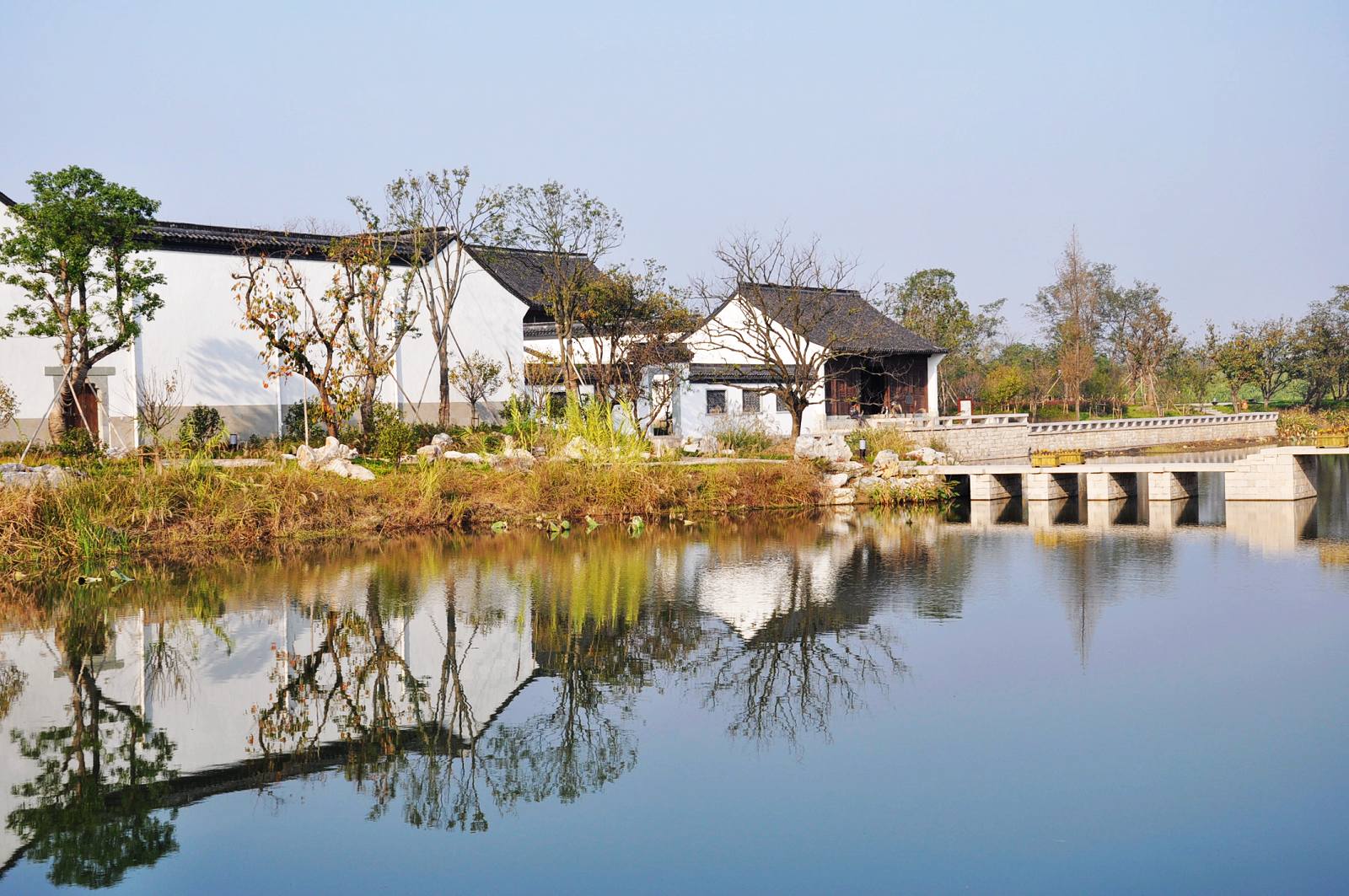
Hong Zhong Bie Ye洪钟别业 was a villa built in Xixi Wetland when Hong Zhong, the Minister of the Ministry of Justice, retired to his hometown in the late years of Chenghua in the Ming Dynasty. The villa is composed of houses (SanRui hall三瑞堂, Guiyi residence归舣居, Xiangxue hall香雪堂, Qinfang building沁芳楼, etc.) and academies (Zhuqing mountain house竹清山房, Qingping mountain hall清平山堂, Luoyin Pavilion萝荫阁, Baoyue Pavilion抱月轩, etc.).
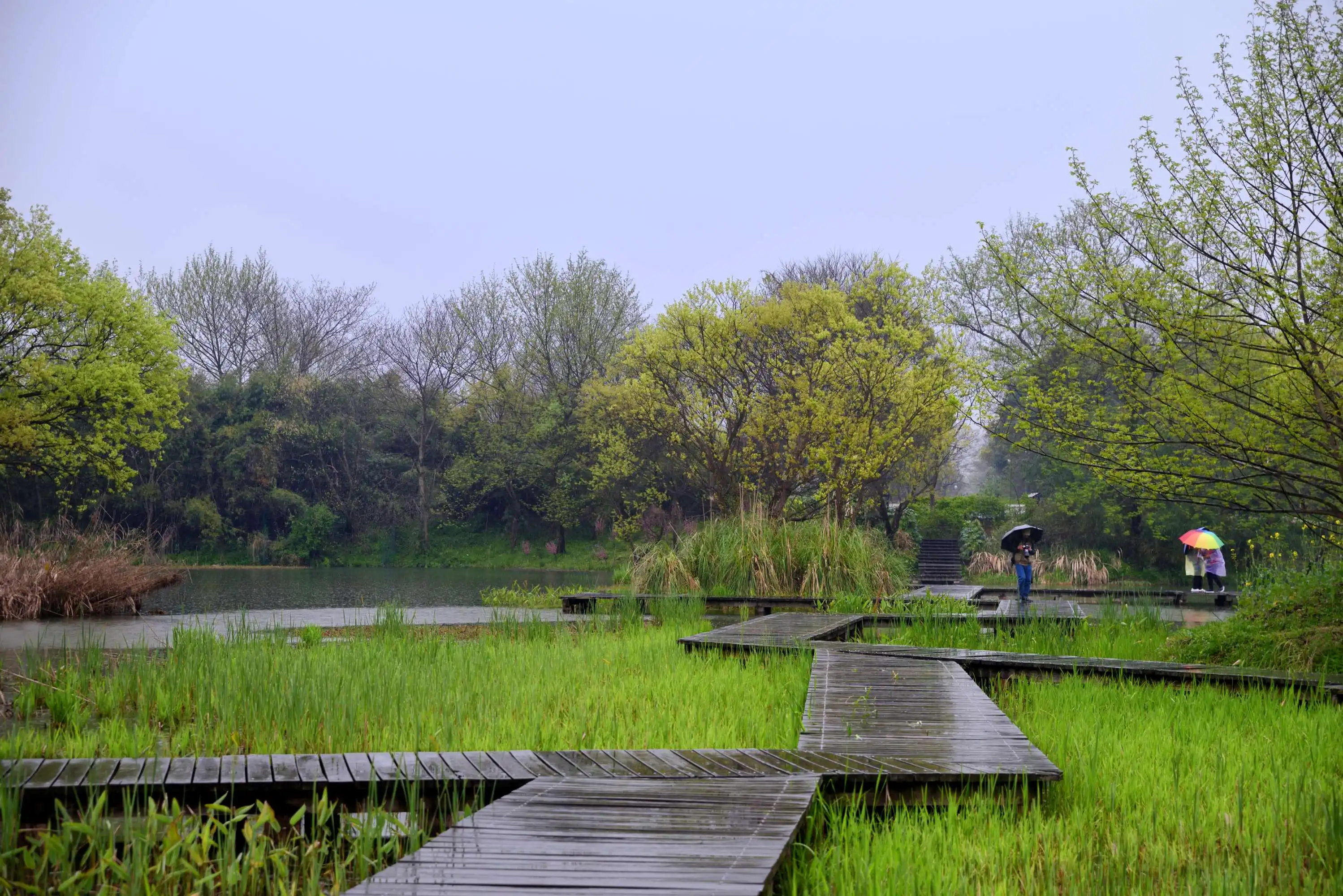
The first national wetland botanical garden in China. The park covers a total area of about 55 hectares, showing the wetland plants in the ecological diversity of the Xixi River, river, beach, etc; Its contents include the collection, cultivation, and exhibition of aquatic and hygrophytic plants nationwide, leisure tours, scientific research, and popular science education, planting demonstration and introduction and breeding of aquatic plants. More than 600 kinds of wetland plants have been cultivated, including more than 100 species of arbors, nearly 250 species of wet shrubs, more than 150 species of emergent plants, more than 30 species of floating plants, more than 50 species of floating leaf plants and more than 30 species of submerged plants.
History and Humanities
Xixi Wetland has a strong cultural atmosphere. Many emperors, generals, scholars, and celebrities regard it as a pure land on earth and a paradise, and leave a large number of poems and articles; Xixi folk culture is particularly rich and colorful, and many traditional folk customs such as “Dragon Boat Festival”, “bamboo forest bamboo shoot digging”, “Qingming picnic” are still preserved; Xixi’s religious culture is also quite developed. The architectural culture with temples, nunneries, ancestral temples and famous gardens as the carriers has added the cultural connotation of the Xixi wetland.
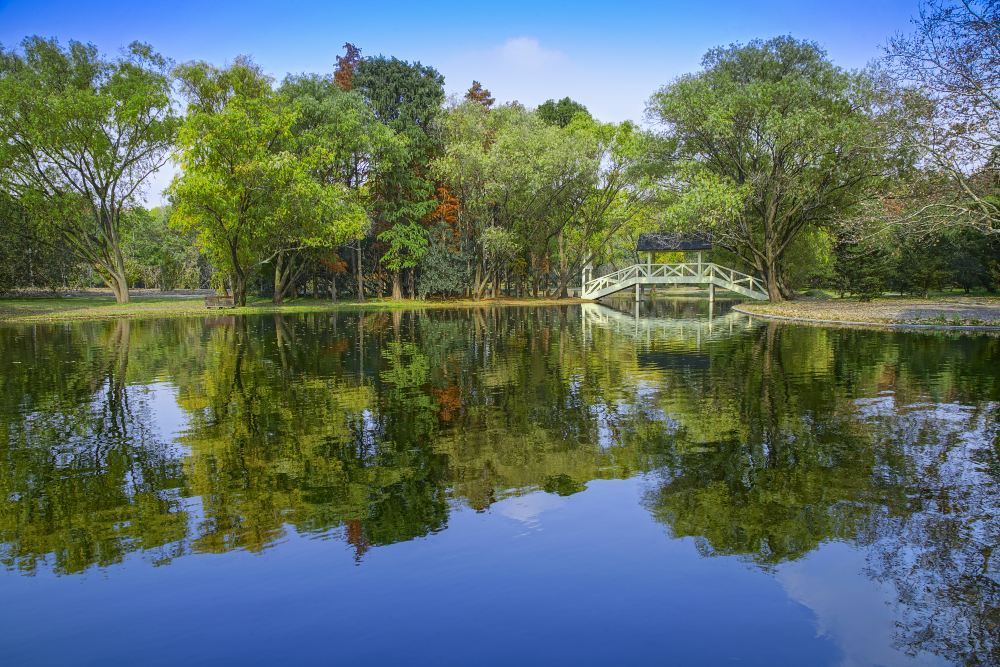
Since ancient times, every year on the Dragon Boat Festival of the lunar calendar, the dragon boats of eight townships around Xixi have gathered here to participate in the Dragon Boat Festival. This traditional folk activity has been flourishing ever since. It is said that Emperor Qianlong乾隆 of the Qing Dynasty (1616 – 1911) toured the south of the Yangtze River and once watched the dragon boat here. He called it the “Dragon Boat victory meeting”. Since then, the Xixi dragon boat has been widely known. Every year when the Dragon Boat Festival is held, the river is noisy and lively.
